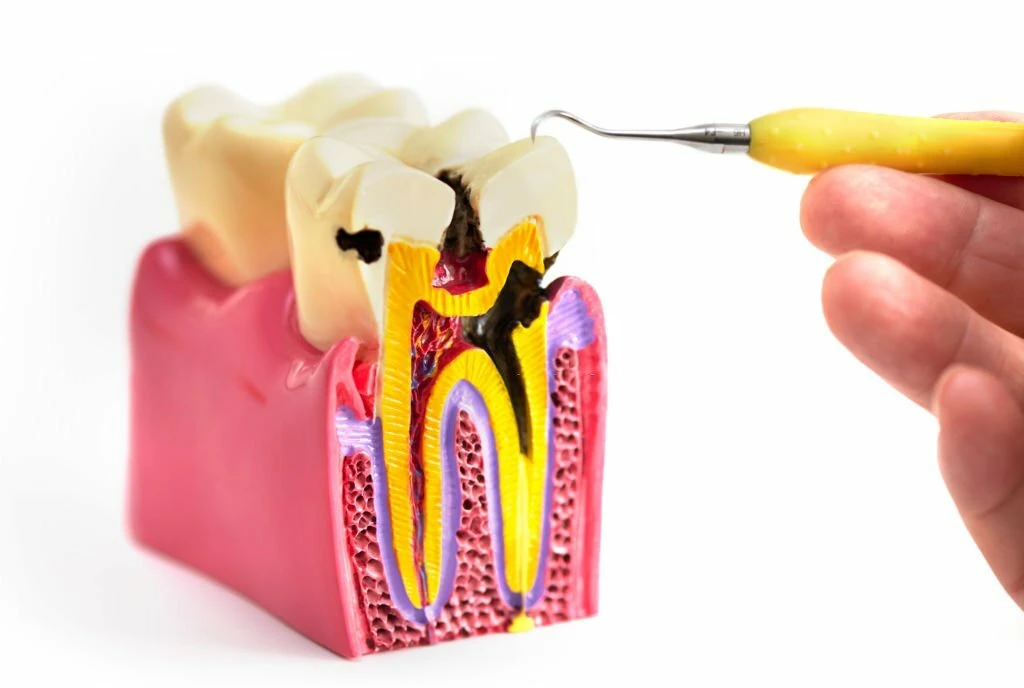Your oral health is a critical part of your overall well-being, and understanding periodontics is key to maintaining a healthy smile. Periodontics is a specialized branch of dentistry that deals with the prevention, diagnosis, and treatment of diseases affecting the gums and supporting structures of the teeth, including the bone.
To shed light on this important field and address your queries, we’ve compiled a list of the most popular questions about periodontics and provided detailed answers. So, let’s dive in and explore the world of periodontics together.
-
What is periodontics?
Periodontics is a branch of dentistry that focuses on the prevention, diagnosis, and treatment of diseases that affect the gums and supporting structures of the teeth, including the bone. Periodontists are specialists in this field and are trained to address these specific dental issues. If you are looking for an expert periodontist in Issaquah or Bellevue, WA, visit this site.
-
What are the common signs of gum disease?
Gum disease, also known as periodontal disease, can manifest in various ways. Common signs include redness, swelling, bleeding gums, persistent bad breath, gum recession, and loose teeth. If you notice any of these symptoms, it’s essential to consult a periodontist for an evaluation.
-
What causes gum disease?
Gum disease is primarily caused by the accumulation of plaque, a sticky film of bacteria, on the teeth and gums. Poor oral hygiene, smoking genetics, certain medications, and systemic diseases can all contribute to the development and progression of gum disease.
-
Can gum disease be prevented?
Yes, gum disease can often be prevented with good oral hygiene practices. This includes regular brushing, flossing, and professional dental cleanings. Avoiding smoking or tobacco products and maintaining a balanced diet can also contribute to gum health.
-
How is gum disease treated?
The treatment of gum disease depends on its severity. Mild cases may be managed with improved oral hygiene and more frequent cleanings. Advanced cases may require scaling and root planing (a deep cleaning), gum surgery, or even dental implants to replace lost teeth.
-
Are there risks associated with untreated gum disease?
Yes, untreated gum disease can have serious consequences. It can lead to tooth loss and bone damage, and even impact your overall health. Research has shown links between gum disease and conditions such as heart disease, diabetes, and respiratory infections.
-
What is the importance of regular dental check-ups?
Regular dental check-ups are crucial for early detection and prevention of gum disease. Your dentist and periodontist can identify issues in their early stages when they are more manageable. Preventive care can save you from more extensive and costly treatments down the line.
-
Can anyone become a periodontist?
Becoming a periodontist requires additional education and training after completing dental school. Aspiring periodontists typically complete a three-year postgraduate program in periodontics. This specialized training equips them with the expertise to diagnose and treat gum and periodontal issues.
-
Is gum surgery painful?
Modern advancements in dentistry have made gum surgeries much more comfortable than in the past. Dentists and periodontists use local anesthesia to ensure that patients do not experience pain during procedures. Post-surgery discomfort can usually be managed with prescribed medications and proper care.
-
How can I find a qualified periodontist?
To find a qualified periodontist, you can ask for referrals from your general dentist, friends, or family members. You can also search online directories or websites of professional dental organizations for a list of accredited periodontists in your area.
Now that you have answers to these common questions about periodontics, you can take proactive steps to maintain your gum health and seek professional care when needed. Remember that your oral health is an essential component of your overall well-being.

